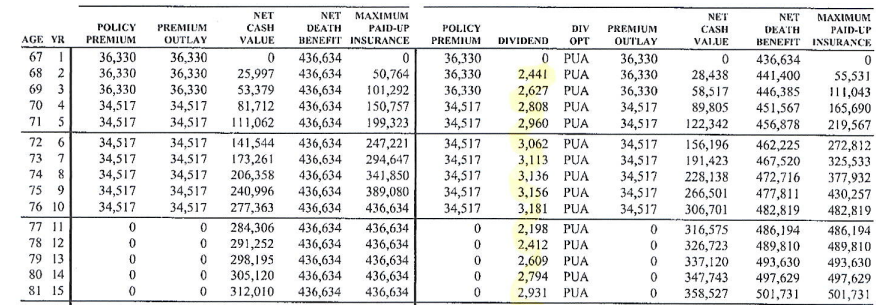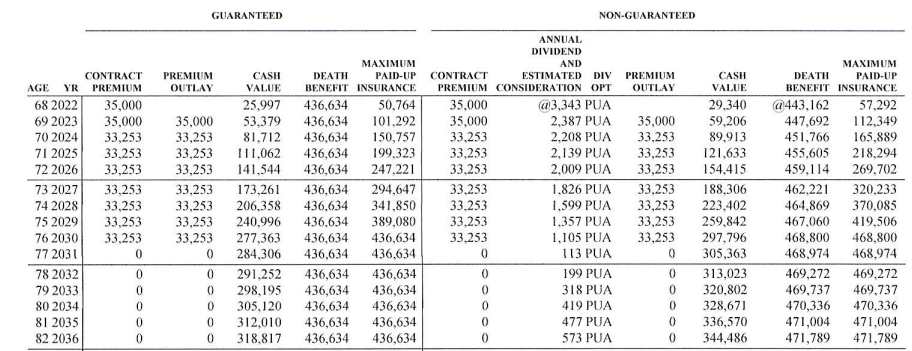- 10,806
As for the mutuality argument, I used to buy the same argument you are making. Prudential a fine mutual life insurance company de-mutualized about 23 years ago. All the whole life holders at that time received shares. Today those shares are worth 8 times IPO price. I dont see a strong argument for mutuality anymore. Especially after experiencing what Ohio National did. For smaller whole life policies, I prefer a mutual company over stock company still.( Old habits)
Pru diversified away from WL. So did Met. That is why they demutualized and took the money grab. Warning signs.
Ohio National had piss poor financials, was a tiny carrier, yet somehow illustrated better than the rest.... no red flags there at all for an agent to see.... lol.
(same with Penn Mutual present day. IUL & Term are the bulk of their life revenue. Life revenue is lower than Dividends paid. Shady financials. Current dividend is only applied to recent blocks of biz. Yet "nothing to see here folks"....)
Those stories are exactly why mutuality and strong financials matter. I see it the exact opposite you do. Those policy holders bought a promise and got screwed (especially ON clients). I blame their advisors for not being aware of the situation with the carrier they are selling.
Anyone who has sold Penn Mutual but not read their state DOI financial filings. Is doing their clients a world of disservice. You cant pay more in Dividends than you make in Revenue and stay profitable long term. ON was no different.
Last edited:


